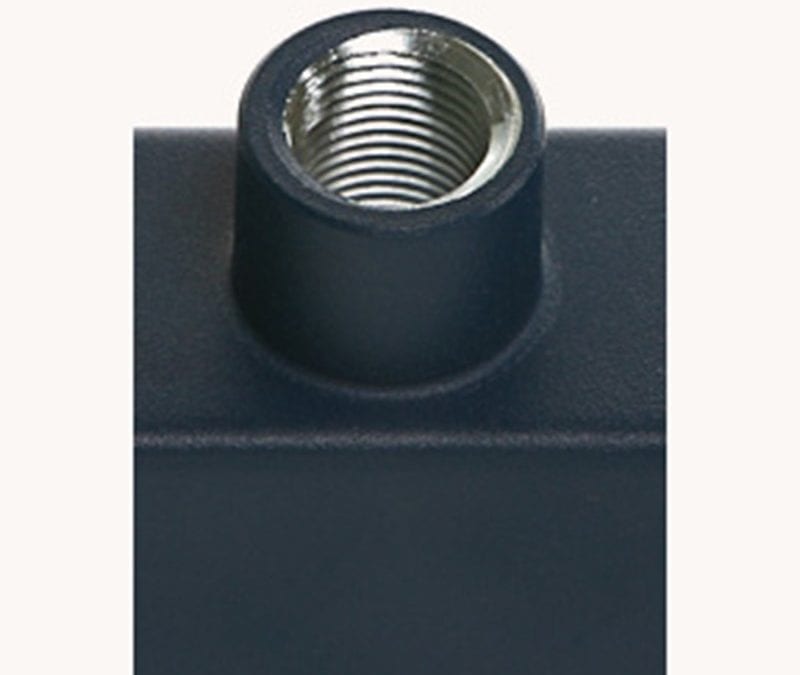Metal powder coating can be very beneficial on the right types of metals. It provides a durable finish at a cost-effective price. Keep reading to find out what metals can be powder coated and more.
What is Powder Coating?
Powder coating is a dry coating process applied to different surfaces, such as metal, concrete, steel, and plastic. This coating, primarily used on industrial equipment, is used as an alternative to a liquid finishing agent such as paint or a solvent.
Powder coating consists of several different components mixed together before being made into a solid mass that is then ground down into a finite powder. It’s applied as a dry powder through an electrostatic process, and then heat is applied to cure the powder.
Not only is powder coating suitable for both indoor and outdoor uses, but it’s an affordable finish option.
Benefits of Powder Coating
The biggest benefit of powder coating metals is durability. When considering the various finish choices, powder coating is more durable than other options, like paint or solvents. It is more durable because, during the curing process, the powder forms strong chemical bonds. These bonds create a flexible finish that does not break easily, making it long-lasting and able to withstand damage.
In addition to durability, powder coats are resistant to flaking, scratching, and corrosion.
What Metals Can Be Powder Coated?
The fine powder used in the powder coating process is electrostatically charged, which is what adheres it to the metal before the curing process.
If a metal cannot hold an electrostatic charge, it cannot be powder coated because the powder won’t affix itself to the surface of the metal. In addition, the metal needs to withstand the high level of heat applied during the curing process.
The best metal candidates for powder coating are:
- Aluminum
- Bronze
- Copper
- Brass
- Titanium
- Steel (stainless, galvanized, anodized, mild, electroplate)
- Steel alloys
Metals that Cannot be Powder Coated
While many metals are great candidates for powder coating, a few might pose a problem.
Metal parts made using resin or plastic body fillers, like certain automotive parts, can cause an issue for two reasons. First, these metals are not electrostatically charged, which prevents the fine powder from sticking to their surfaces. Second, the resin or plastic body fillers cannot withstand the high temperatures required during the curing process.
Condition of the Metal
The metal you are working with does not have to be in perfect condition to apply a powder coating. However, you will still want to prepare it. You need to be sure to clean it and sand it down to remove any dirt, rust, or other elements that might negatively affect the end result.
Ready for Powder Coating?
Do you need metal powder coating? Let Fox Valley Stamping help! We have over 55 years of experience, and our staff is ready to help with all of your powder coating needs. Contact us today!
Read Next: The Top 8 Questions New Customers Ask




 847.741.2277
847.741.2277
